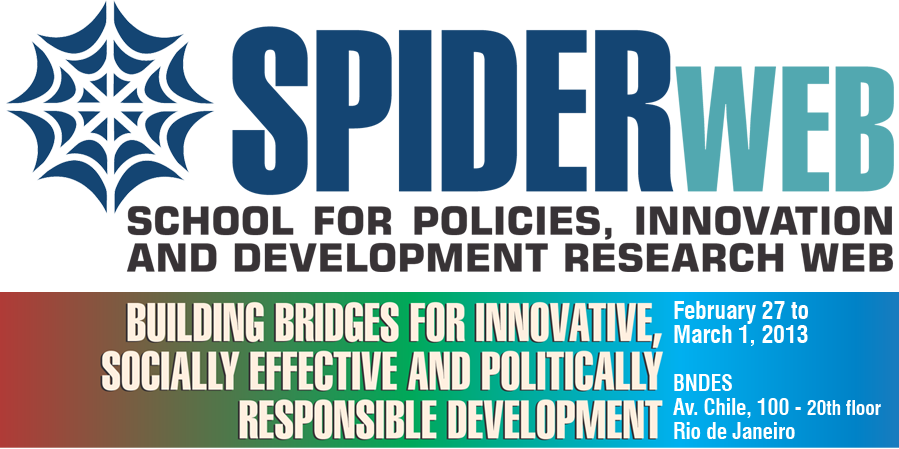Brief Description
It is a well-accepted idea that globalization is an evolved stage of the capitalist economy, which outstrips its financial, commercial, and productive dimensions. Its historical process has undergone distinct trajectories in Asia and in the Euro-Atlantic world, with significant variations in the evolution of national states and civil societies. These variations have profound institutional implications for the contemporary states' alignments and for understanding how societies pursue economic and political changes, preserve gains and continuities, and interpret visions for the future, especially on the axes of development, sustainability, science, and innovation.
This means that the explanatory power and approaches of a wide array of disciplines are needed to evaluate how globalization occurs and how strategies for economic and social change are reconsidered. Relevant and useful social thought, as well as new thinking, are needed for understanding the global landscape, it’s economic, technological and social dynamics, the diversity in contemporary states' organization and their institutional potentialities as well as evaluating the execution of proposals that are socially more effective and more responsible politically.
This is what this Workshop is about. It has two major goals: a) a theoretical discussion of the main themes that would constitute the building blocks of a School for Advanced Studies which is also concerned with policy impact, and b) the organizational skills, resources, capabilities and networking that would be required to build and institutionalize it. The accomplishment of those goals will require from the participants the willingness to:
Propose and carry out research agendas according to relevant (empirically meaningful) theoretical approaches;
Use concrete examples and comparative analysis to think through challenges brought by the current problems at the core of our society’s economic and social fabric;
Reimagining socio-economic visions for the future;
Build/ strengthen inter-institutional collaboration and join projects;
Contribute to the crafting of more effective and responsible policy alternatives to produce a more equitable and democratic social landscape, both in the North and in the South.
From the end of January until February 26 the workshop website will be populated. Material will include: introductions to the sessions, concept notes and papers to subsidize the discussions, and more refined information about the workshop itself. All participants will be invited to post their concerns, contributions, papers and comments.
The modus operandi of the workshop sessions will be the following: After the introductions to the themes and comments, all participants will be invited to participate, delivering their contributions in a round table discussion format.






